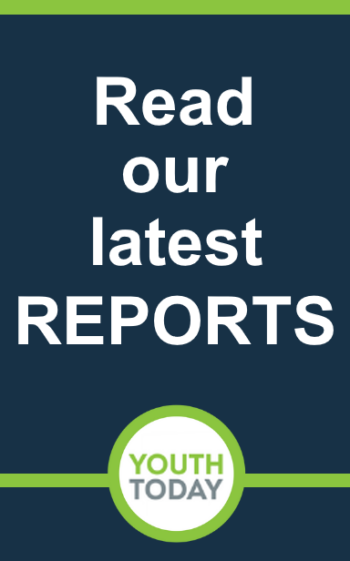 Summer learning has become increasingly important in the Out-of-School Time (OST) field as some research has identified “summer learning loss” or the “summer slide” playing a key role in the academic divide between low-income and middle income students. When children and youth do not have stimulating summer experiences and/or do not read during the summer months, they can lose as much as two reading levels. According the the National Association for Summer Learning, “the opportunities for enriching summer experiences, healthy meals, a first job and more, open endless possibilities and doors to brighter futures for America’s young people.” Summer learning is an intentional model — neither a recreational camp or summer school – it straddles and integrates academics into recreational and enrichment activities.
Summer learning has become increasingly important in the Out-of-School Time (OST) field as some research has identified “summer learning loss” or the “summer slide” playing a key role in the academic divide between low-income and middle income students. When children and youth do not have stimulating summer experiences and/or do not read during the summer months, they can lose as much as two reading levels. According the the National Association for Summer Learning, “the opportunities for enriching summer experiences, healthy meals, a first job and more, open endless possibilities and doors to brighter futures for America’s young people.” Summer learning is an intentional model — neither a recreational camp or summer school – it straddles and integrates academics into recreational and enrichment activities.
The Summer Learning section of the OST Hub provides a wide range of information and free-to-download resources for summer learning programs. It provides research on the summer learning ‘slide’ to inform researchers and policy makers, as well as curricula, lesson plans, and program examples that can be used by practitioners.
This topic is divided into five sections:
- Articles & Research (past and current research on the summer learning gap, the summer slide, and evaluations of summer programs)
- Resources (Lesson plans, planning guides, and curricula for summer learning programs)
- Program Examples (Examples of summer learning programs)
- Professional Development (Training and professional development for summer program staff)
- OST Field Notes (Short photoessays, vlogs, other pieces generated by practitioners in the field)
Latest News
- Q&A with Alex Lohrbach on the release of the Elevating Youth Engagement curriculum
- Q&A with Michael Crawford, America Succeeds
- Q&A: Why the former CEO of AmeriCorps is excited about heading an organization he had never heard of
- Competitive youth sports culture leads to burnout and quitting for many in U.S.
- Refocusing on youth development: Changes coming to Youth Today
- Juma Ventures helps “opportunity youth” earn, learn and launch careers
- Young children may go hungry as summer begins
- After outcry from tribes, federal agency scales back tribal school choice plan
- For some tribal communities, Head Start programs provide a cultural lifeline
- AmeriCorps’ work with students nationwide in limbo despite halt to federal funding cuts




















